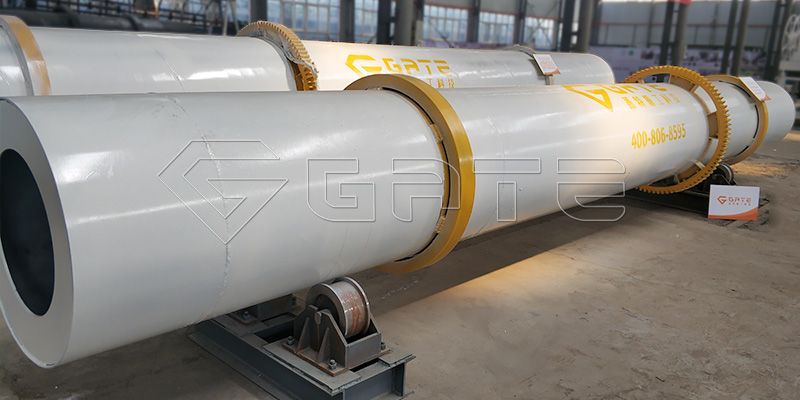What is the role of organic fertilizers and what are organic fertilizers
What is the role of organic fertilizers and what are organic fertilizers? Organic fertilizers are naturally formed and refer to fertilizers that contain large amounts of organic matter. Most of this fertilizer is planted by plant straw, human and animal waste, green manure and various wastes. It is planted on the spot and applied locally. Therefore, it is also called farmyard fertilizer. It generally includes human excrement, manure, green manure, compost, cake, soil, fertilizer, and various wastes and humic acid fertilizers.

1. Provide nutrients needed for crop growth. Organic fertilizers are rich in nutrients needed for crop growth, and energy sources are continuously supplied to crops for growth. In addition to mineral nutrients, organic matter decomposes in the soil to produce carbon dioxide, which can be used as a raw material for crop photosynthesis, which is conducive to the improvement of crop yield.

2. Improve soil structure, enhance soil fertility, increase soil organic matter content, renew soil humus composition, fertilize soil, soil organic matter is an important indicator of soil fertility, and is the material basis for forming a good soil environment. Soil organic matter consists of undecomposed, semi-decomposed organic matter residues and humus in the soil.
This is our disc granulator for organic fertilizer:

The fresh organic fertilizer applied to the soil is decomposed into simple compounds under the action of microorganisms, and at the same time biochemically recombined into new, more complex and relatively stable soil-specific macromolecular aggregation. An organic compound, a black or brown organic colloid, ie humus. Humus is a stable organic matter in the soil and has an important influence on soil fertility.
3. Improve soil biological activity and stimulate crop growth. Organic fertilizer is the main source of energy and nutrients for microorganisms. The application of organic fertilizer is beneficial to soil microbial activities and promotes crop growth and development.
This is Dryer:

The substances excreted by microorganisms during or after death are not only inorganic nutrients such as nitrogen, phosphorus and potassium, but also various amino acids such as glutamic acid and proline, multivitamins, cytokinins and plants. Plant hormones such as auxin and gibberellin. A small amount of vitamins and plant hormones can have a huge impact on the growth and development of crops.
4, improve detoxification effect, purify the soil environment, organic fertilizer has detoxification effect. For example, after adding organic manure such as chicken manure or sheep manure, the toxicity of toxic substances in the soil to the crop can be greatly reduced or disappeared.
Organic fertilizer production line technology diagram:

The reason for the detoxification of organic fertilizers is that organic fertilizers can increase soil cation exchange capacity and increase adsorption of cadmium. At the same time, the intermediate product of organic matter decomposition and cadmium chelate to form a stable complex and detoxification, and the toxic soluble complex can be infiltrated with water or discharged from the farmland, thereby improving the self-purification ability of the soil. Organic fertilizers generally also reduce the supply of lead and increase the fixation of arsenic.
















Leave a Messages